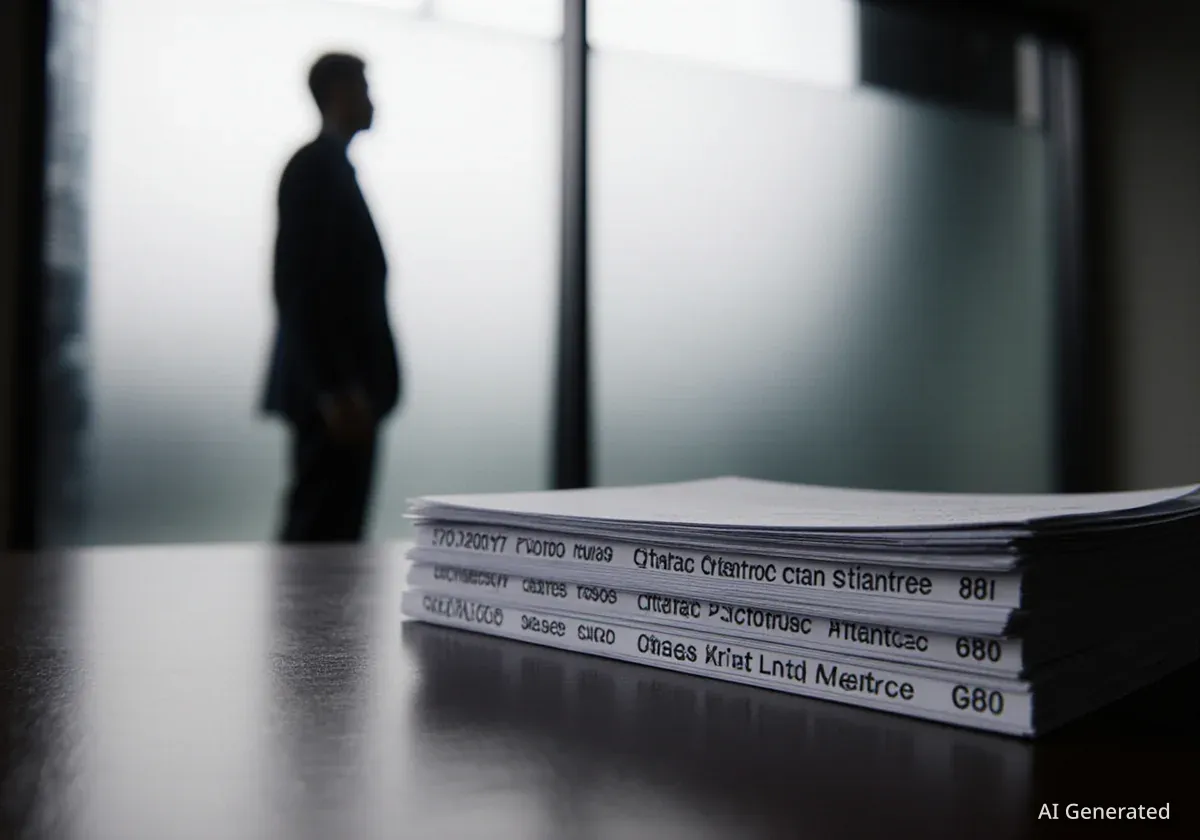A Venice, Florida woman is facing felony charges after authorities said she defrauded an elderly couple out of thousands of dollars in a vacation rental scheme. Investigators report that Andrea L. Moss, 59, allegedly collected payment for a Siesta Key condominium rental that she was no longer authorized to lease, leading to significant financial losses for the victims.
According to court documents filed in Sarasota County, Moss faces two third-degree felony charges, including grand theft from a person 65 or older and engaging in unlicensed real estate activity. The case, which originated from events in 2022, highlights the potential risks consumers face in the rental market and the legal consequences for fraudulent actions.
Key Takeaways
- Andrea L. Moss, 59, of Venice, has been charged with grand theft from a person 65 or older and unlicensed real estate activity.
- The charges stem from a 2022 incident where Moss allegedly accepted $6,200 for a Siesta Key condo rental.
- Investigators state Moss's authority to manage the property had been revoked prior to the transaction.
- The out-of-state victims reported spending an additional $11,000 on alternative accommodations, bringing their total financial loss to over $17,000.
Details of the Charges and Investigation
Formal charges were officially filed against Andrea L. Moss on September 19, 2025, following an extensive investigation into a complaint made by an out-of-state couple. The Sarasota County court records specify two serious charges: grand theft from a person 65 years of age or older, and practicing real estate without a license. Both are classified as third-degree felonies in the state of Florida.
An arrest warrant for Moss was issued on July 2, 2025, culminating a lengthy process that began when the alleged victims first reported the financial discrepancy. The investigation, conducted by local detectives, pieced together a timeline of events that formed the basis for the criminal charges. The case remains pending as it moves through the judicial system.
The Nature of the Accusations
The core of the case revolves around a rental agreement for a condominium located on Midnight Pass Road in Siesta Key, a popular vacation destination. A man reported to authorities that he had paid Moss a total of $6,200 to secure the unit for a planned stay. However, upon attempting to use the rental, the couple discovered the agreement was invalid.
Investigators found that the payment was made after Moss had allegedly lost her legal authority to act as a property manager for the condominium in question. This detail is central to the charges, as it suggests the transaction was conducted under false pretenses.
Financial Impact on Victims
The alleged scam resulted in a direct loss of $6,200 for the rental payment. Compounding the issue, the couple was forced to find and pay for last-minute alternative housing during their stay, which they reported cost an additional $11,000. This brought their total out-of-pocket expenses related to the incident to more than $17,200.
A Timeline of the Alleged Fraud
The incident began in 2022 when the out-of-state couple entered into what they believed was a legitimate rental agreement with Moss. They transferred the agreed-upon sum of $6,200 to secure the property. Detectives later confirmed that Moss deposited the check into her personal bank account and did not reimburse the couple after the issue came to light.
A critical piece of evidence in the investigation came from the actual owner of the Siesta Key condominium. The owner confirmed to investigators that Moss's management rights for the unit were officially revoked in September 2022. The transaction with the victims occurred after this date, meaning Moss allegedly had no legal standing to lease the property or collect funds for it.
Understanding Unlicensed Real Estate Activity
In Florida, engaging in real estate services—such as leasing, renting, or selling property for compensation—without a valid license from the Florida Real Estate Commission (FREC) is a criminal offense. This law is designed to protect the public from unqualified or fraudulent individuals by ensuring agents meet specific educational and ethical standards. A charge of unlicensed real estate activity is treated as a third-degree felony, punishable by significant fines and potential prison time.
Legal Proceedings and Consequences
With formal charges filed, the case against Andrea L. Moss will proceed in the Sarasota County court system. A third-degree felony in Florida carries a potential penalty of up to five years in prison and a fine of up to $5,000 for each count. The charge of grand theft from a person 65 or older often carries enhanced penalties due to the vulnerability of the victims.
The legal process will involve several stages, including arraignment, pre-trial motions, and potentially a trial if a plea agreement is not reached. The prosecution will present evidence gathered by detectives, including bank records, communications between Moss and the victims, and testimony from the property owner.
Protecting Yourself in the Rental Market
This case serves as a reminder for renters to exercise caution, especially when dealing with individuals rather than established property management companies. Experts advise taking several steps to verify a rental's legitimacy:
- Verify Licensure: Always check if a real estate agent or property manager holds a valid, active license. The Florida Department of Business and Professional Regulation (DBPR) has a public online portal for this purpose.
- Confirm Ownership: Use public property appraiser records to confirm the actual owner of the property and, if possible, contact them to verify the rental listing.
- Use Secure Payment Methods: Avoid paying with cash, wire transfers, or personal checks made out to an individual. Using a credit card offers greater fraud protection.
- Get Everything in Writing: Insist on a formal, written lease agreement that clearly outlines all terms, conditions, and contact information for the property owner or licensed manager.
By taking these precautionary measures, renters can significantly reduce their risk of falling victim to fraudulent schemes. The outcome of the case against Andrea L. Moss will be monitored as it progresses through the legal system.





